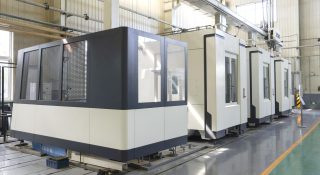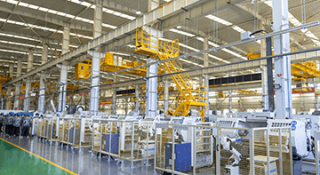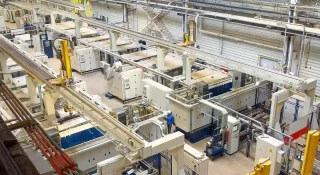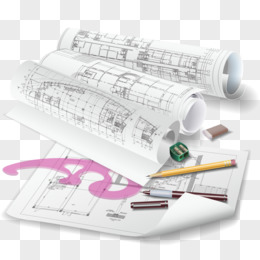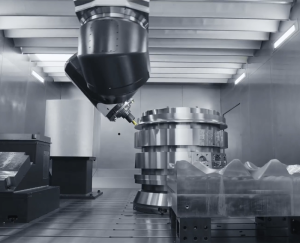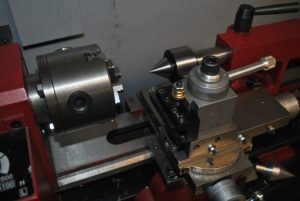In modern mechanical machining, the Bridgeport mill represents a blend of innovation and precision.
The Bridgeport mill is a manual vertical turret milling machine renowned for its precision and adaptability. Originally developed in 1936, it has become a staple in manufacturing and machining industries, offering robust features like variable speed controls and digital readouts for enhanced accuracy. Its applications range from basic milling to complex machining operations, making it a preferred choice among machinists worldwide.
Discovering the nuances of operating a Bridgeport Mill opens doors to machining capabilities previously thought out of reach. Let’s explore the key features and applications that define these iconic machines.
What is a Bridgeport Mill?
Introduced in 1938, the Bridgeport mill marks a milestone in milling machine history. Rudolph Bannow developed it with funding from Magnus Wahlstrom in Bridgeport, Connecticut. Its popularity soared due to its versatility, robust construction, and user-friendly design. The original Bridgeport Series I Standard Mill set a new industry standard by integrating advanced features like variable speed control and a quill-equipped spindle into a compact, rigid design, revolutionizing machining.
Why is it Called a Bridgeport?
Named after Bridgeport, Connecticut, where the first mills were manufactured, it became synonymous with precision machining in the mid-20th century. The Bridgeport mill symbolizes American manufacturing ingenuity, earning a reputation for quality and reliability in the industry.
Who Makes Bridgeport Mills Today?
Today, companies like Hardinge Inc. continue the legacy by producing Bridgeport-style mills. They uphold the tradition of quality and innovation started by the original Bridgeport mills. Other manufacturers also offer variations of the Bridgeport design, integrating modern technology to enhance precision, efficiency, and ease of use.
What are the Main Parts of a Bridgeport Mill?
Key components include:
- Series I Standard Mill: Known for its sturdy build and versatile design.
- The Ram: Supports the machine head for horizontal movement along the column.
- The Turret: Facilitates quick tool changes during machining.
- Rigidity: Ensures stability and accuracy for heavy-duty milling.
- The Quill: Enables precise drilling and vertical milling, enhancing machine versatility.
Each part plays a crucial role in the functionality and widespread applicability of the Bridgeport mill.
Characteristics of Bridgeport Mills
Bridgeport mills are valued for:
- Versatility: Capable of precise milling, drilling, and positioning for complex machining tasks.
- Stability and Durability: Built robustly from high-quality materials, ensuring reliability in heavy-duty operations.
- Ease of Operation: Enhanced by modern control technologies, making adjustments and operation straightforward, boosting efficiency and accuracy.
These qualities make Bridgeport mills indispensable across industries, from small production runs to maintenance and repair applications.
Enhanced Accuracy in Bridgeport Mills
Modern enhancements include:
- Digital Readout Systems (DRO): Provides real-time tool and axis position feedback, enabling on-the-fly adjustments for improved accuracy and repeatability.
- Backlash Elimination Techniques: Minimize transmission system errors, ensuring stable and precise cutting.
- High-Precision Spindle Speed Control: Allows fine-tuning of spindle speeds for optimal cutting conditions across different materials.
These technologies synergize to deliver accuracy and reliability in complex machining operations.
Applications of Bridgeport Mills
Applications include:
- Prototyping: Developing and testing prototype parts.
- Batch Production: Efficiently producing medium-sized batches with high precision.
- Maintenance and Repair: Repairing machinery and fabricating replacement parts.
- Custom Machining: Tailoring parts to specific customer requirements across diverse industries.
These applications highlight the versatility and utility of Bridgeport mills in modern manufacturing.
Difference Between Bridgeport Mills and Other Mills
Compared to traditional drill presses, Bridgeport mills offer greater versatility with features like variable speed control and precise tool positioning.
Unlike fully automated CNC mills, Bridgeport mills retain manual control while some models integrate CNC elements for enhanced functionality without sacrificing ease of use.
Considering a Bridgeport Mill Purchase
Factors to consider include cost, space requirements, intended applications, and desired machining capabilities. Bridgeport mills vary widely in price depending on new or used condition and included features. They occupy substantial floor space and are ideal for applications demanding precision and versatility.
Cost of Bridgeport Mills
New Bridgeport-style mills range from several thousand to tens of thousands of dollars, while used or refurbished units offer a more economical choice, typically costing from a few thousand to around ten thousand dollars based on condition and accessories.
Are Bridgeport Mills Still Made?
While original Bridgeport mills are no longer produced, modern versions and adaptations are manufactured by companies like Hardinge Inc. Support for existing Bridgeport mills ensures availability of parts and service, maintaining their relevance in contemporary machining.
Alternative Products
Alternative machines resembling Bridgeport mills exist, featuring modern advancements but potentially lacking the historical significance and reliability associated with the original Bridgeport brand.
Future of Bridgeport Mills
Future developments may include advanced automation and machining capabilities, enhancing competitiveness in modern manufacturing environments and meeting evolving precision demands.
Conclusion
The Bridgeport mill remains a cornerstone of machining technology, renowned for its versatility, precision, and enduring legacy in industrial manufacturing. Whether for basic tasks or complex projects, Bridgeport mills stand ready to deliver reliable performance and superior results.


